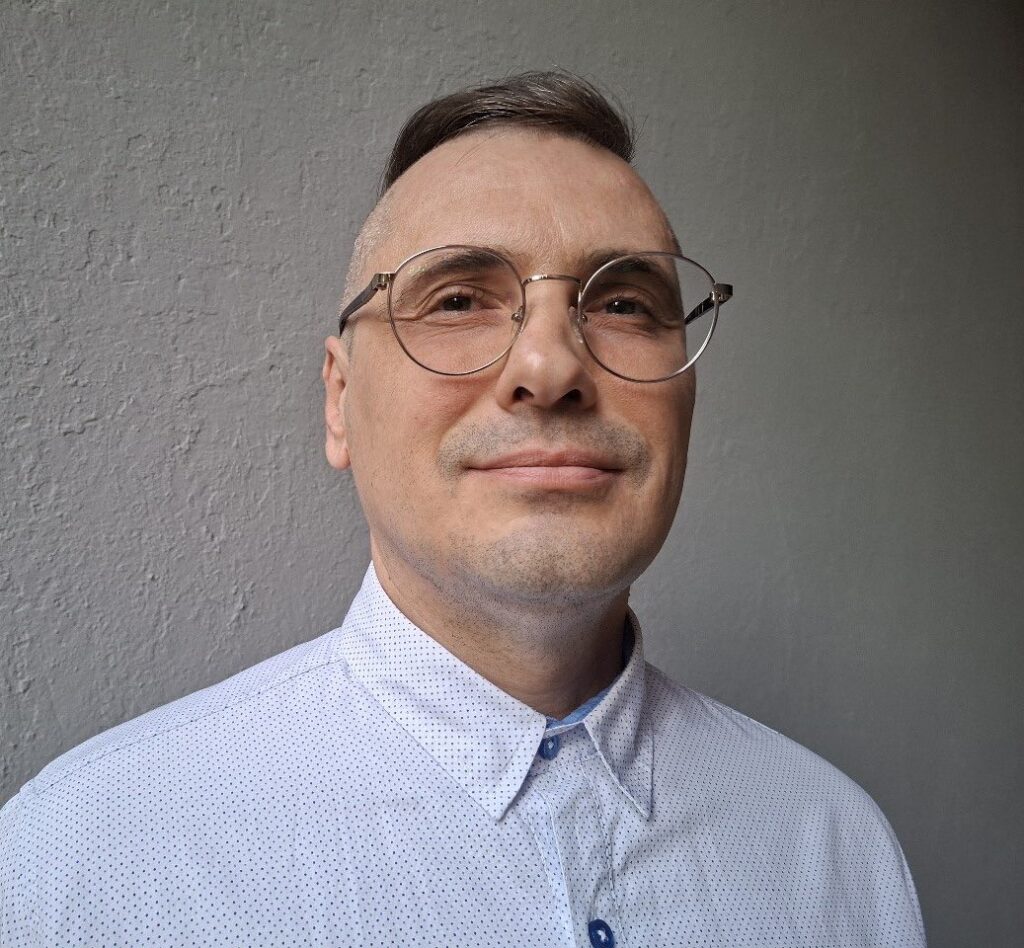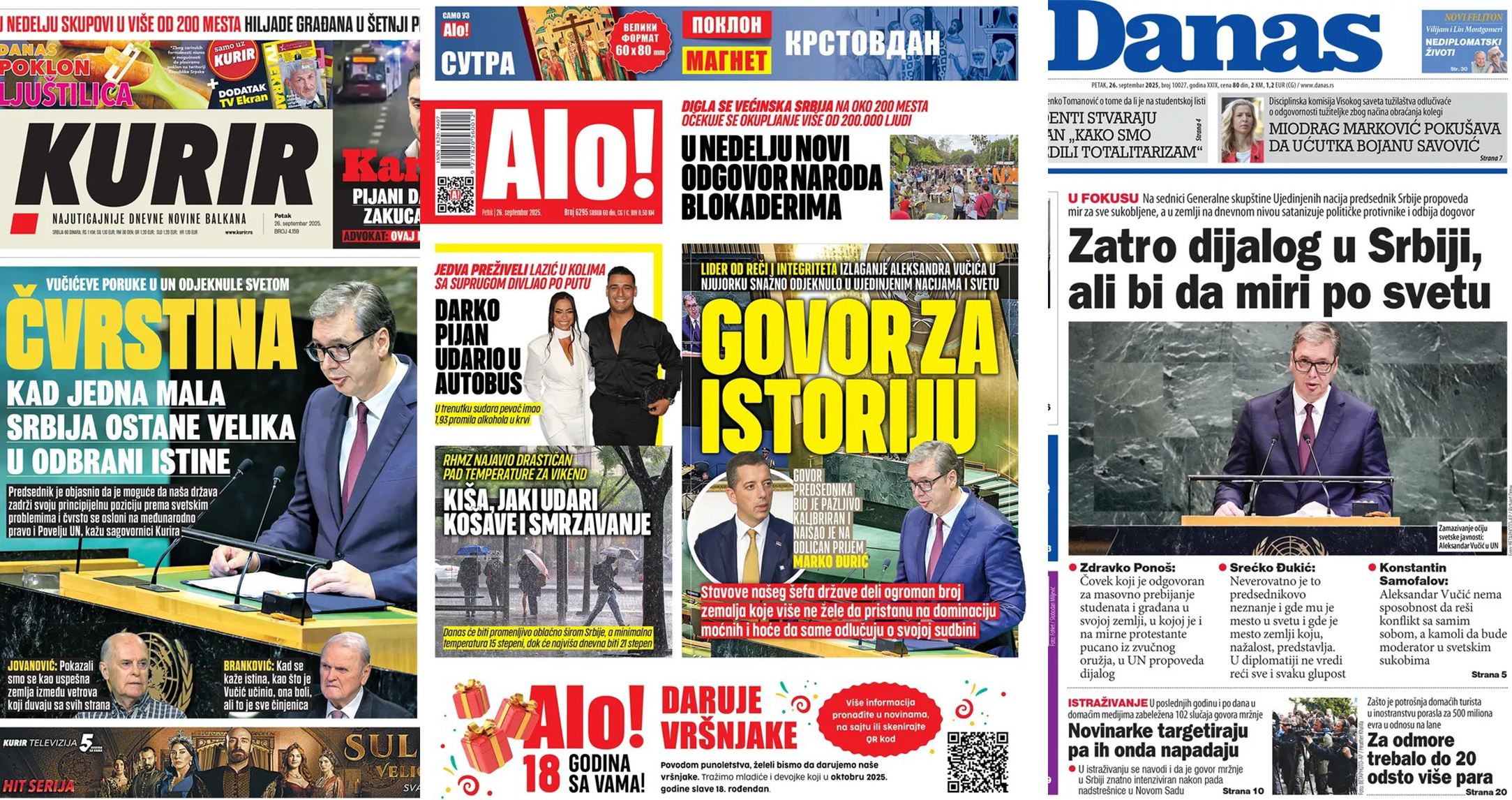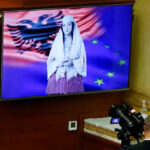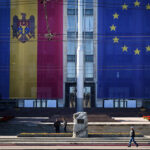The undermining of Euro-Atlantic processes in the region does not take place with the help of “soft power,” but mainly through armed force.
On the eve of the parliamentary elections, the authorities of Moldova arrested more than 70 persons, suspected of having been engaged by Russia to organize mass riots during the electoral process. The arrested are citizens of Moldova who from July to September were trained in Serbia for handling weapons and clashes with the police, and the training plan was coordinated from the Russian Federation.
The investigative network BIRN presents details that the training in a paramilitary camp in Serbia, near the Loznica city, was conducted by instructors from Russia and Belarus and that more than 150 people underwent the training.
This is not the first time that Serbia is mentioned as the place from which Russia and its secret services act in order to influence the security and political situation in Moldova. A very similar situation occurred last year during the presidential elections, when the authorities of Moldova arrested eight persons suspected of being trained in Serbia and BiH to cause mass riots, and the instructors were connected with the Russian mercenary group Wagner. At that time too, there was a tense electoral race, between the pro-Russian presidential candidate Aleksandar Stojanoglo and the pro-EU candidate Maia Sandu, who won.
Serbia and the personalized regime of President Aleksandar Vučić in Western, especially EU circles, are considered a factor of stability in the Western Balkans. However, the facts speak quite the opposite. Moscow and Belgrade systematically undermine political and security stability in at least five states of Southeastern Europe.
BiH and Kosovo
Although Aleksandar Vučić repeats that Belgrade supports the Dayton Agreement and the integrity of Bosnia and Herzegovina, the National Security Council of Serbia, of which the President of Serbia is a member, recently made a decision not to recognize the verdict against the President of the Republika Srpska Milorad Dodik for anti-state activity.
The official denial of the verdict against the President of the Republika Srpska is one of the most blatant examples of undermining the Dayton Peace Agreement and supporting Dodik’s separatism by official Belgrade.
Milorad Dodik is the most loyal politician to Moscow in the Western Balkans. Serbia follows Russia and takes an ambivalent stance towards BiH. Moscow declaratively supports the Dayton Peace Agreement, in which it is itself a participant, and at the same time undermines that process by supporting Dodik’s separatist aspirations.
At the end of September 2023, in the north of Kosovo in the village of Banjska, an armed group from Serbia provoked an armed conflict. The group was uniformed and well-armed with military equipment possessed by the security forces of neighboring Serbia. In the clashes, a Kosovo policeman and three more persons from the Serbian side were killed.
The armed group of Serbs led by the controversial businessman and politician Milan Radoičić intended to block roads and provoke conflicts in the north of Kosovo.
That is the most serious organized armed attack in Kosovo since the arrival of international peacekeeping forces in 1999. That terrorist action, as it was qualified by the court in Pristina, was not possible to be carried out without the knowledge of the security services of the neighboring state of Serbia.
Macedonia and Montenegro
Investigative journalists in mid-2017 published material about the influence of Russia on North Macedonia (at that time still under the name Macedonia), which according to their claim “leads through Belgrade”. Published documents of the Macedonian secret services claimed that Russian intelligence officers in Macedonia were working under the control of the Russian spy center in Belgrade.
It is also stated that there was a decades-long effort by Russian spies and diplomats to, by spreading propaganda and their influence in Macedonia, try to prevent that state’s entry into NATO and distance it from the West.
Macedonia entered NATO, and former Prime Minister Nikola Gruevski, otherwise close to Russian interests in the region, after being convicted for corruption fled to Hungary, where he received political asylum.
Most similar to the model of Russian action in Moldova was the attempted coup d’état in Montenegro on the day of the parliamentary elections in October 2016. At that time, a group of Serbian, Montenegrin and Russian citizens planned, as stated in the first-instance verdict of the High Court in Podgorica, the “violent overthrow of power in Montenegro, in order to prevent its entry into NATO”.
In the first instance, 13 persons were convicted to almost 70 years of imprisonment for the attempt of terrorism, among them were the leaders of the opposition pro-Serbian and pro-Russian Democratic Front Andrija Mandić and Milan Knežević, as well as the former general of the gendarmerie Bratislav Dikić from neighboring Serbia.
Undermining Euro-Atlantic processes
Among the convicted the highest sentence was pronounced on Russian citizens Eduard Shishmakov and Vladimir Popov, who were not available to the judiciary of Montenegro. They were identified as officers of the Russian military intelligence service (GRU) and were convicted for the criminal acts of creating a criminal organization and attempted terrorism.
Montenegro also became a member of NATO, but after the political “coup by church processions”, which were organized with the support of neighboring Serbia and the Serbian Orthodox Church, as well as Russia and the Russian Orthodox Church, all those convicted in the case “coup d’état” in Montenegro were released.
Since the coming to power in Serbia of the Serbian Progressive Party and Aleksandar Vučić, the idea of the “Serbian World” has been spreading throughout the Western Balkans – in BiH, in the Republika Srpska and in Montenegro.
The concept of the “Serbian World” was created following the model of the “Russian World,” and it is an expansionist idea of supporting one’s compatriots, which Putin used in order to, in February 2022, militarily attack Ukraine.
At the same time, while Serbia and Russia in the last decade actively destabilize the Euro-Atlantic aspirations of neighbors and states of the region and attempt to revive the Greater-Serbia idea, the President of Serbia Aleksandar Vučić, before the General Assembly of the United Nations, offers Belgrade as a place of dialogue for all conflicts throughout the world.
Such cynical offers of Serbia are possible only in circumstances of turning a blind eye to the authoritarianism of Aleksandar Vučić and toleration by the West of the deep Russian presence in Serbia.
Boris Varga. Serbian political scientist and journalist.

The articles published in the “Opinions” column reflect the personal opinion of the author and may not coincide with the position of the Center



